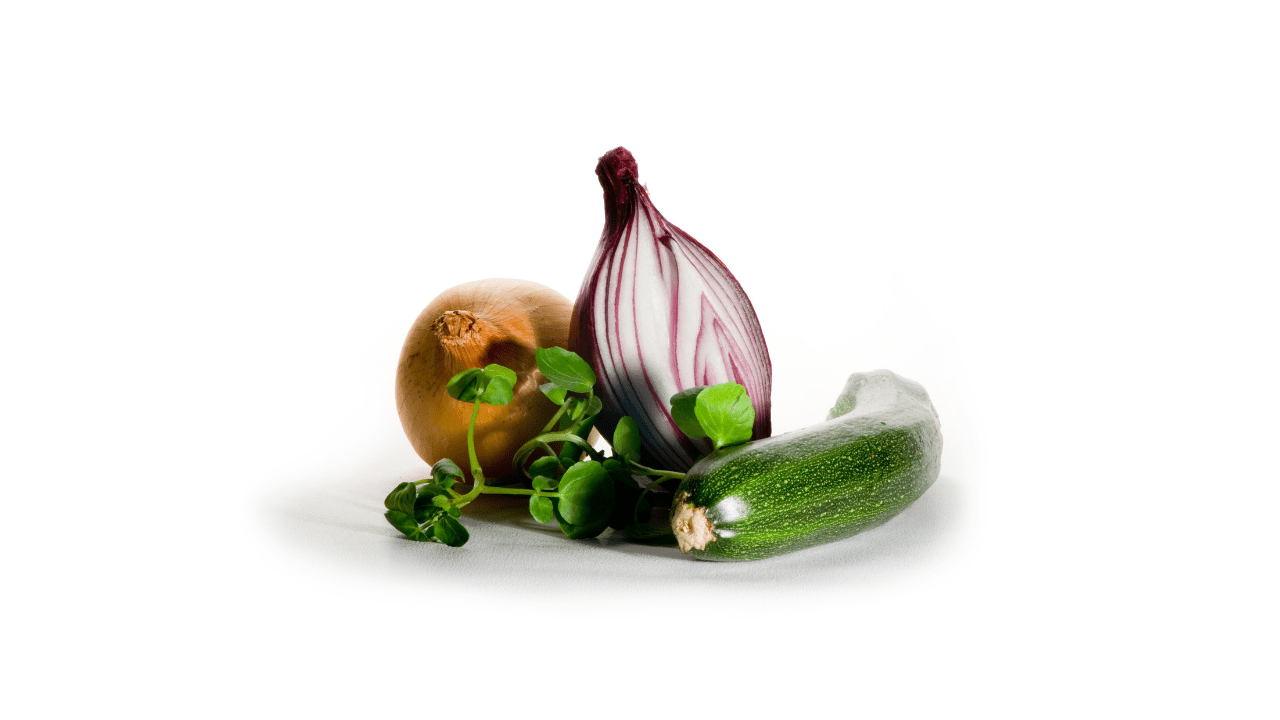What is a plant-based diet? It is a shift from the typical American diet, with a heavy focus on meat and other animal products, to foods originating from plants. It is not a fully vegan or even vegetarian way of eating, but simply a way to get more fruits and vegetables into your meals. There are many reasons to adopt a plant-based diet, but the main driver behind such a switch is the reduction in all-cause mortality risk associated with this way of eating. This decreased risk of mortality comes from both the increase in fruits and veggies and the decrease in some forms of animal products. Increasing fruits and vegetables has a number of benefits, including increased fiber, increased antioxidants, and lots of vitamins and minerals. Decreasing your intake of animal products should be focused on the foods with high amounts of trans fats and saturated fats as these are the main cause of atherosclerosis, the build-up of plaque in the arteries, and other forms of heart disease. This includes things such as beef fat, pork fat, milk fat, butter, cream, and chicken fat according to choosemyplate. Of course, there are sources of unhealthy fats in plant-based products such as coconut oil, palm oil, and hydrogenated oil, so take it easy on these food products as well. But, as stated by the CDC, “Saturated fats are primarily found in foods that come from animals, such as meat and dairy.”
But enough with the negatives in food, let’s talk about the positives, which brings me back to fruits, vegetables, and legumes (beans, seeds, nuts, etc.). As I mentioned earlier, these foods are an amazing source of fiber. But why should you care? Well, fiber serves a number of key functions in your body. According to the mayo clinic, including fiber regularly into your diet can help normalize bowel movements, decrease cholesterol levels (specifically LDL, more on that later), manage blood sugar levels, manage weight, and increase overall lifespan. When we look at these benefits it is important to recognize there are two main types of fiber, soluble and insoluble. Insoluble fiber does not dissolve in water and is responsible for helping your digestive system with bowel movements. Soluble fiber on the other hand does dissolve in water and is responsible for all the other aforementioned benefits. So what foods are high in fiber overall? Well, circling back to our trusty friend mayo clinic, we find that the vegetables highest in fiber include green peas, broccoli, and turnip greens. Fruits with copious quantities of fiber include raspberries, pears, and apples. Continuing along the food groups, grains also boast a large amount of fiber with whole wheat pasta, barley, and quinoa having high amounts. Finally, the most fibrous food group of all, legumes. Split peas, lentils, and black beans are all excellent choices for increasing your fiber intake. Now, regarding fiber’s effect on cholesterol, I mentioned “LDL” which stands for low-density-lipo-protein (you can see why the abbreviation is used). LDL is known as the “bad” cholesterol as it is the common culprit for plaque buildups in your arteries, which is an early sign of heart disease. It is therefore very important to help your body as much as you can in removing this from your circulatory system, something fiber excels at.
Let’s continue along the path of beneficial traits associated with plant-based diets, with our next stop being a phytochemical in plant foods known as antioxidants. The properties of antioxidants are in the name itself; they help defend against and even reverse the effects of oxidative stress. This is important as oxidative stress is the agent responsible for the production of free radicals, which hold the potential to propagate into cancerous tumors as well as contribute to high blood pressure and heart disease. With that big long explanation out of the way, we can assert that antioxidants hold cancer fighting properties. But how efficient and effective are these phytochemicals at fighting chronic disease? Let’s delve into the research. An article published in The Nutrition Source, a branch of the Harvard School of Public Health, details a comprehensive review of the current research. They found that antioxidants in the form of supplements had little benefits when combating chronic disease and that the true benefits came from consuming these phytochemicals in whole foods such as broccoli and almonds. This suggests that there may be other components in antioxidant rich foods that contribute to their positive effects. Bottom line, eat your veggies.
After reading this, perhaps you are thinking of adopting a more plant-based diet to improve your health. The question then arises, what do I eat? Here is what I would suggest: stick with whole foods whenever possible as there are ways to eat an unhealthy plant-based diet if you are primarily consuming more processed foods with lots of oils. Be aware of what nutrients you may be lowering in your diet when you consume fewer animal products, namely vitamin B12 and iron. Spinach is a great source of iron, but B12 is not found naturally in plant products. Integrating foods fortified in these key vitamins and minerals to your daily eating is an easy way to deal with this issue. And finally, don’t be afraid to experiment and try new combinations of fruits, vegetables, legumes, and spices. You may surprise yourself with how delectable a plant-based diet can be.
